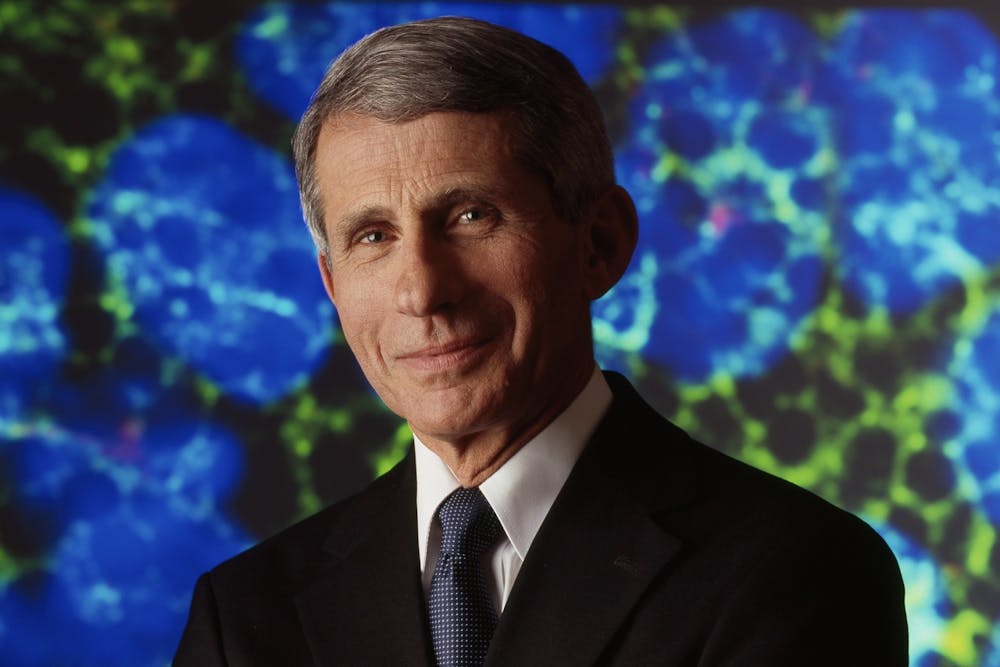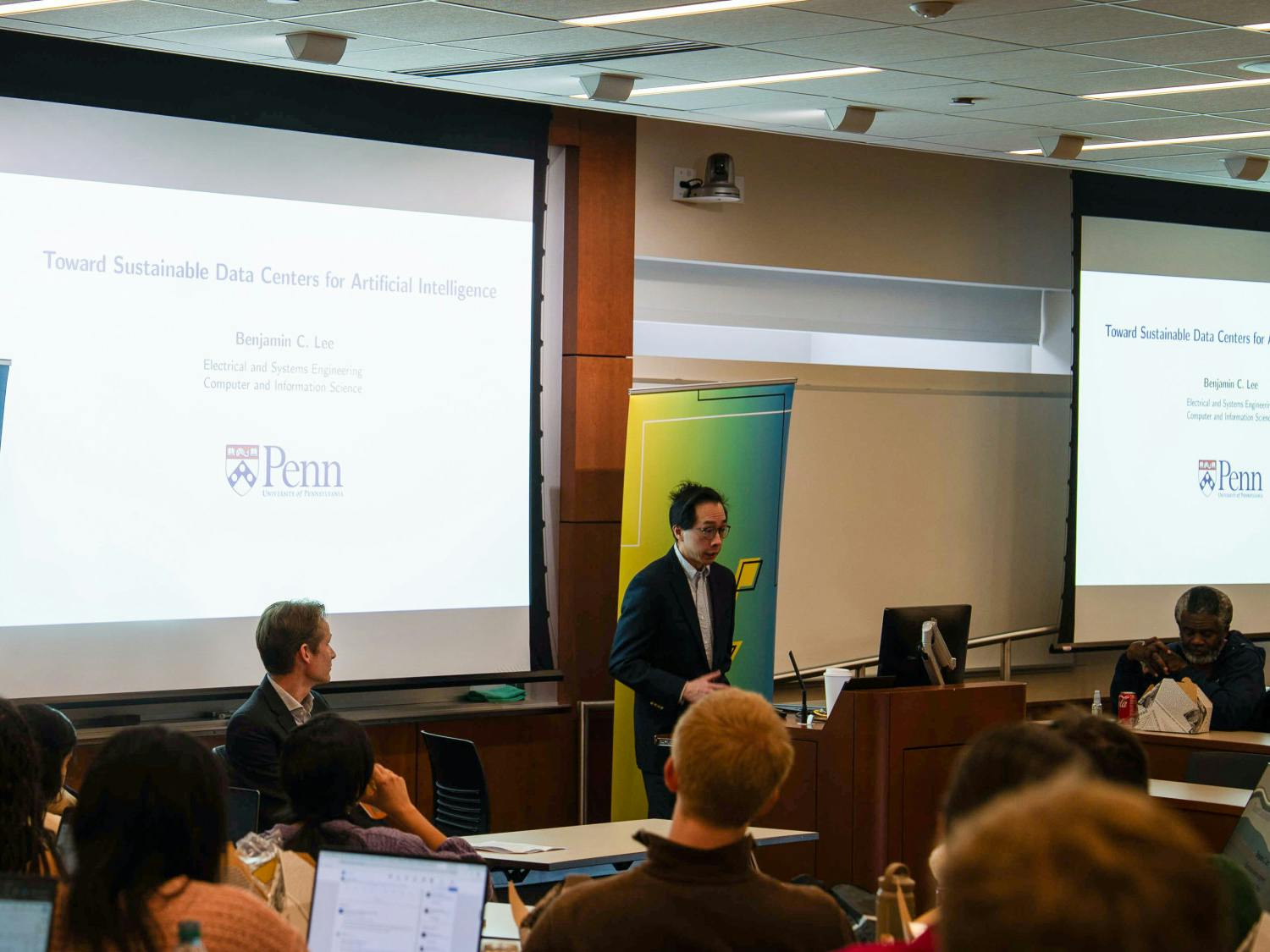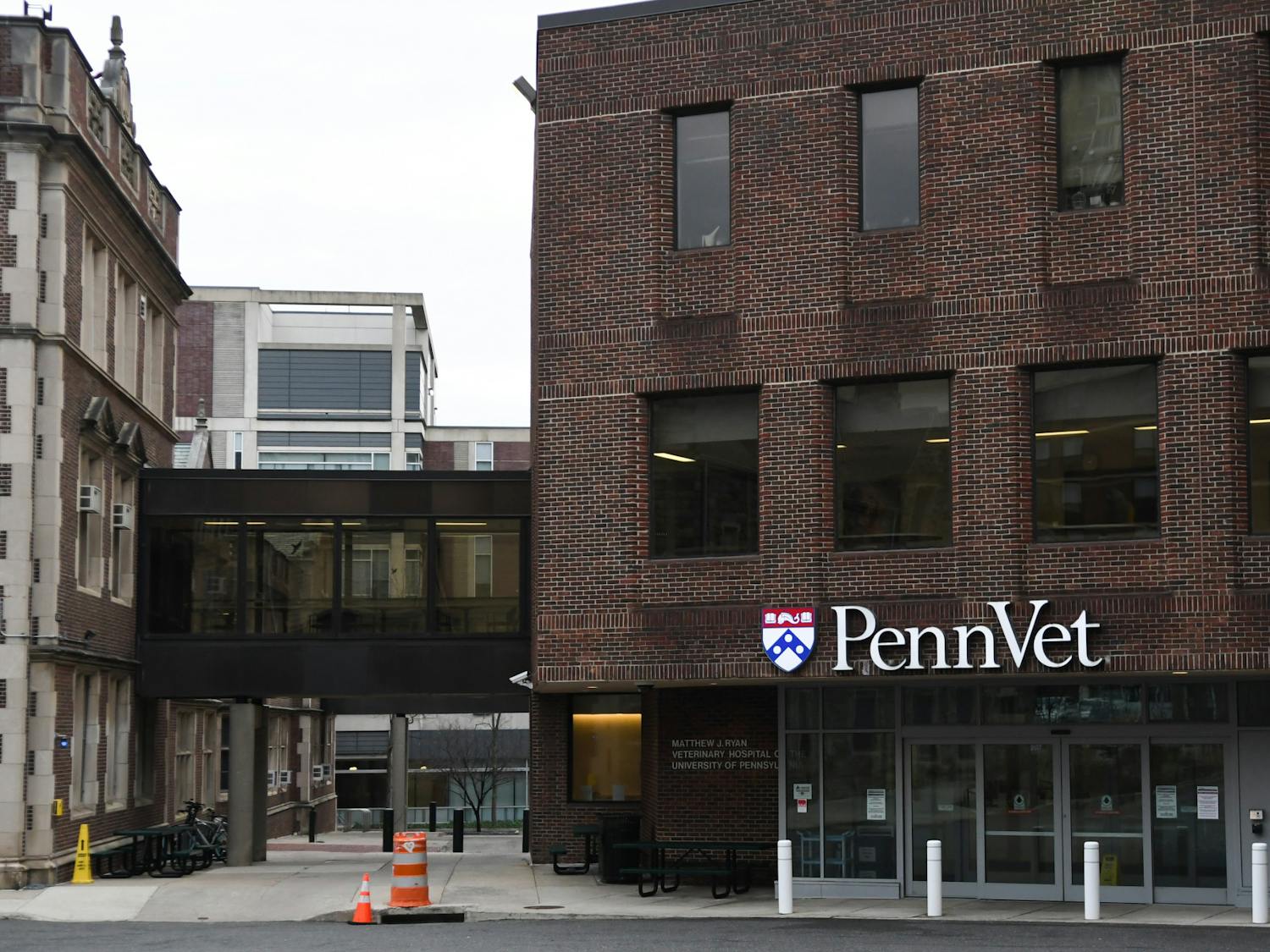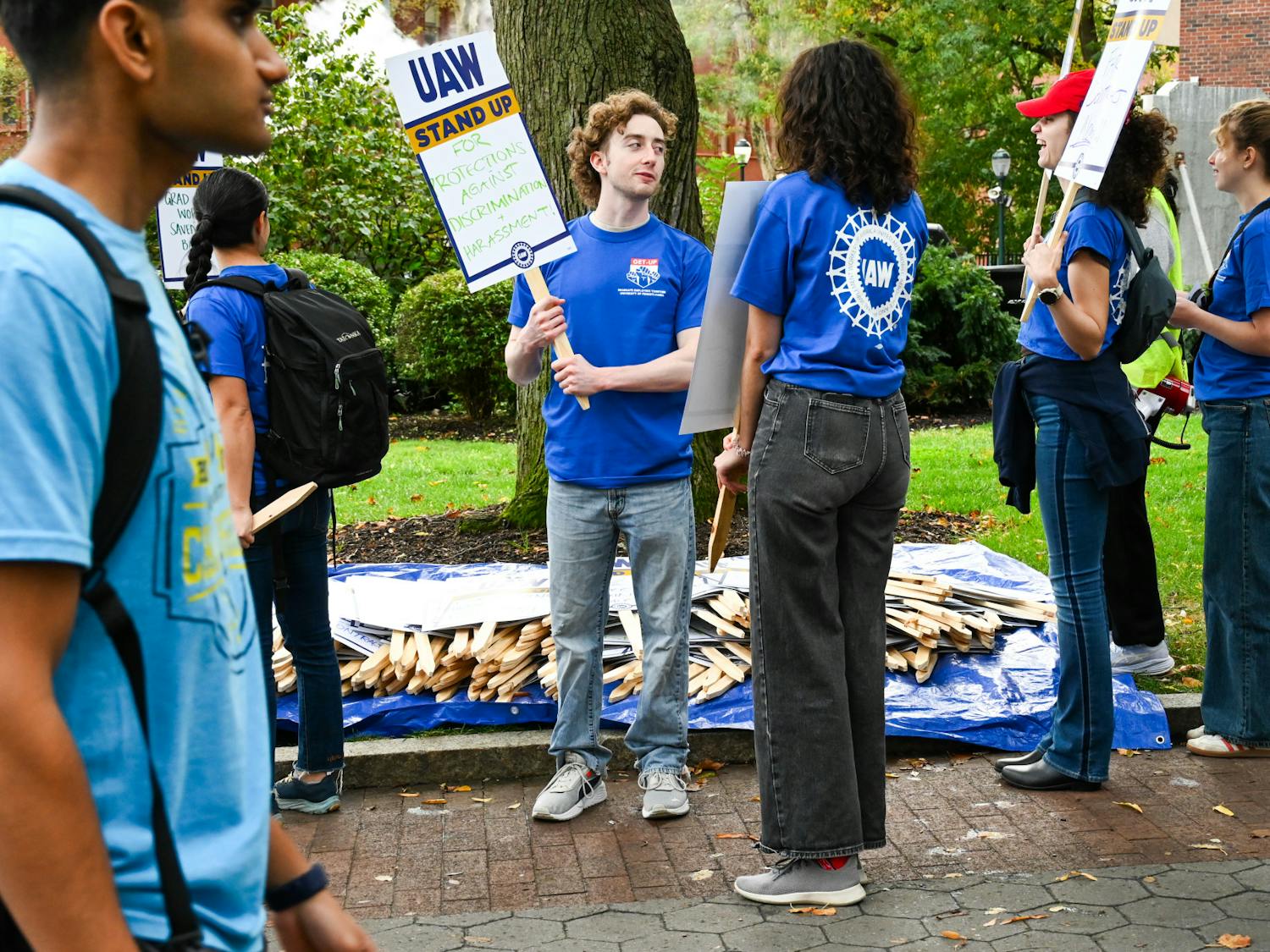Penn Medicine physicians joined Dr. Anthony Fauci, a renowned infectious disease expert leading the United States' response to COVID-19, during a virtual conference “Cancer and COVID-19” hosted by Penn's Abramson Cancer Center.
Fauci, who presented the keynote address, engaged with Penn Medicine physicians and more than 3,700 other health professionals who attended the conference on Sept. 30, Penn Today reported. He gave crucial updates about the pandemic and vaccine trials and offered advice for physicians in the oncology field.
“The numbers are striking,” Fauci, director of the National Institute of Allergy and Infectious Diseases, said at the conference. “We passed a mark just a couple of days ago with 200,000 deaths…and essentially, [there is] no particular end in sight.”
Hospitals had to enforce protocols to deliver care safely and effectively due to quickly changing circumstances amid the pandemic, Penn Today reported. Opting to forgo cancer screening or delay, several individuals are at now increased risks of worse outcomes and more complicated care down the line.
As coronavirus infections continued to grow around the world, hospital visits shifted to telehealth and some treatments have been delivered to patients at home. Screening stood at a standstill, according to Penn Medicine News, leaving cancers undetected and untreated in individuals.
“It’s like being between a rock and a hard place for us, as well as for our patients," Dr. Charu Aggarwal, an associate professor of Hematology-Oncology at Penn Medicine who attended the conference, said about patients and medical staff navigating cancer and COVID-19.
Regarding the issue of racial disparities in cancer and COVID-19 infections, Fauci suggested a short-term plan to concentrate on testing capabilities and care access for underserved communities.
The physicians also emphasized the pandemic's disproportionate impacts on minority communities in the U.S., highlighting the need to address systemic social and health inequities.
RELATED:
Penn Med experts question Trump's COVID-19 treatment plan and his downplaying of virus
Penn Medicine study discovers new type of cancer immunotherapy
As the pandemic continues, health professionals have developed a deeper understanding of SARS-CoV-2 and its impact on oncology, Penn Today reported. With six government-backed COVID-19 vaccine trials currently in progress, Fauci emphasized the need to wait for the results of the phase III trials, which he believes will be available by November or December.
“We need to learn from this experience to carry us forward better next time, and we can confront something like this by working together," Dr. Lawrence N. Shulman, Medicine professor at the Hospital of the University of Pennsylvania and deputy director for Clinical Services at the Abramson Cancer Center, said at the conference.









